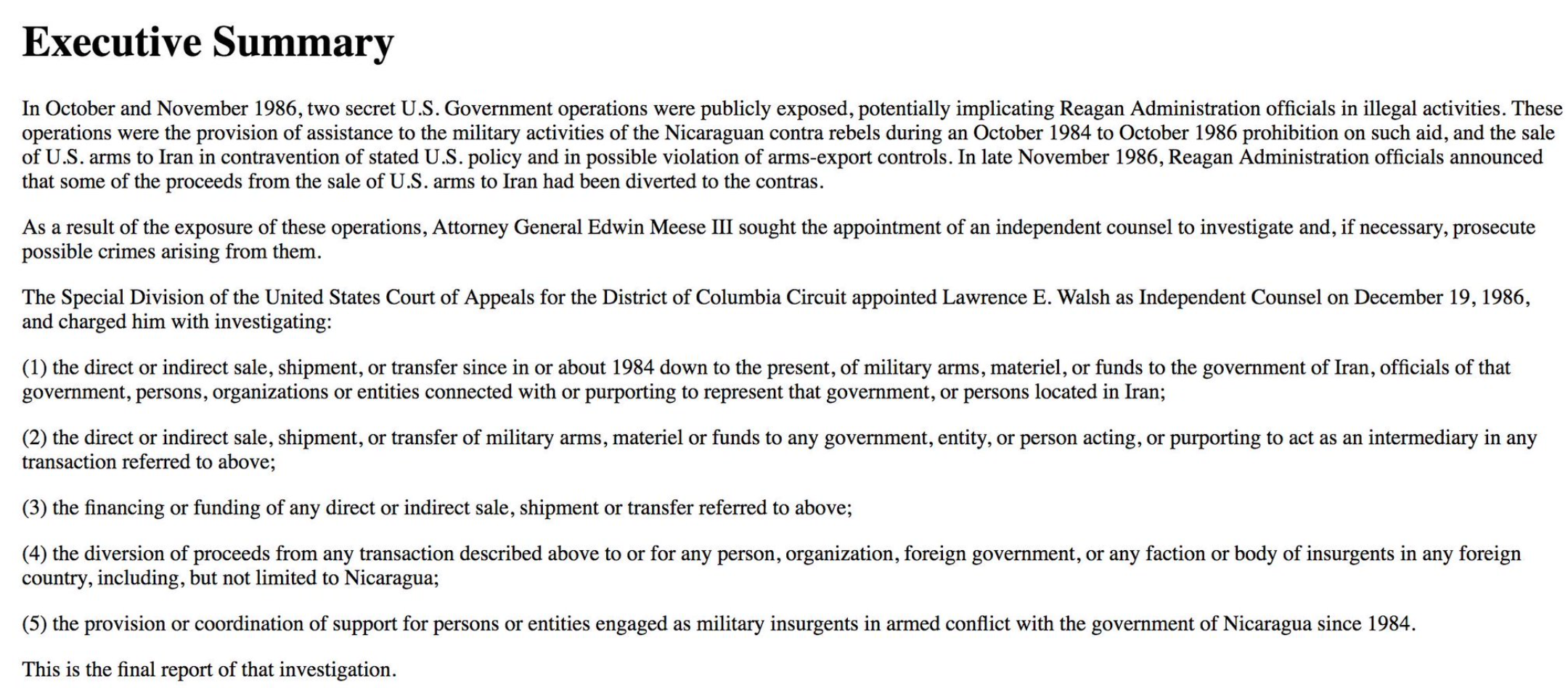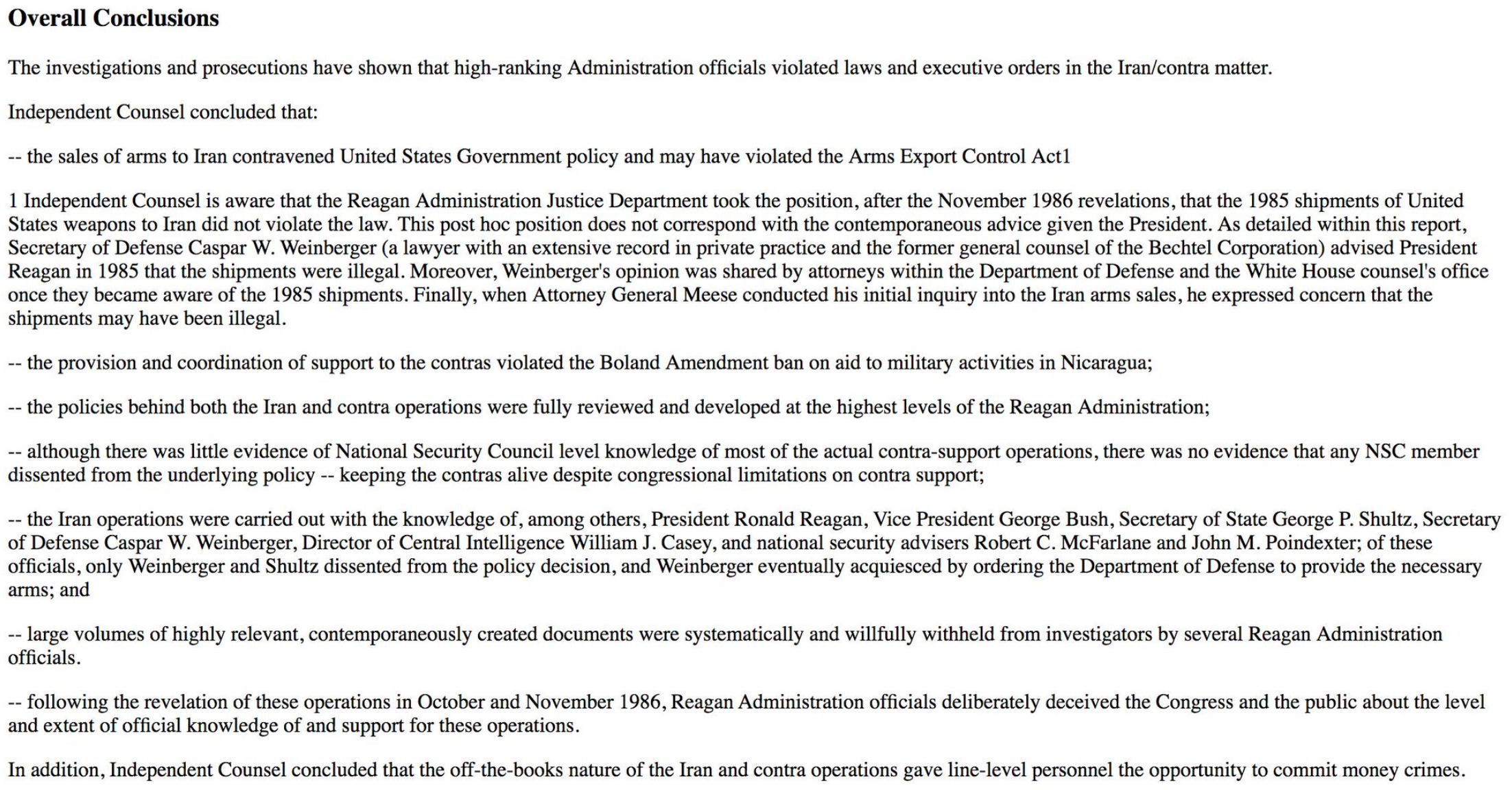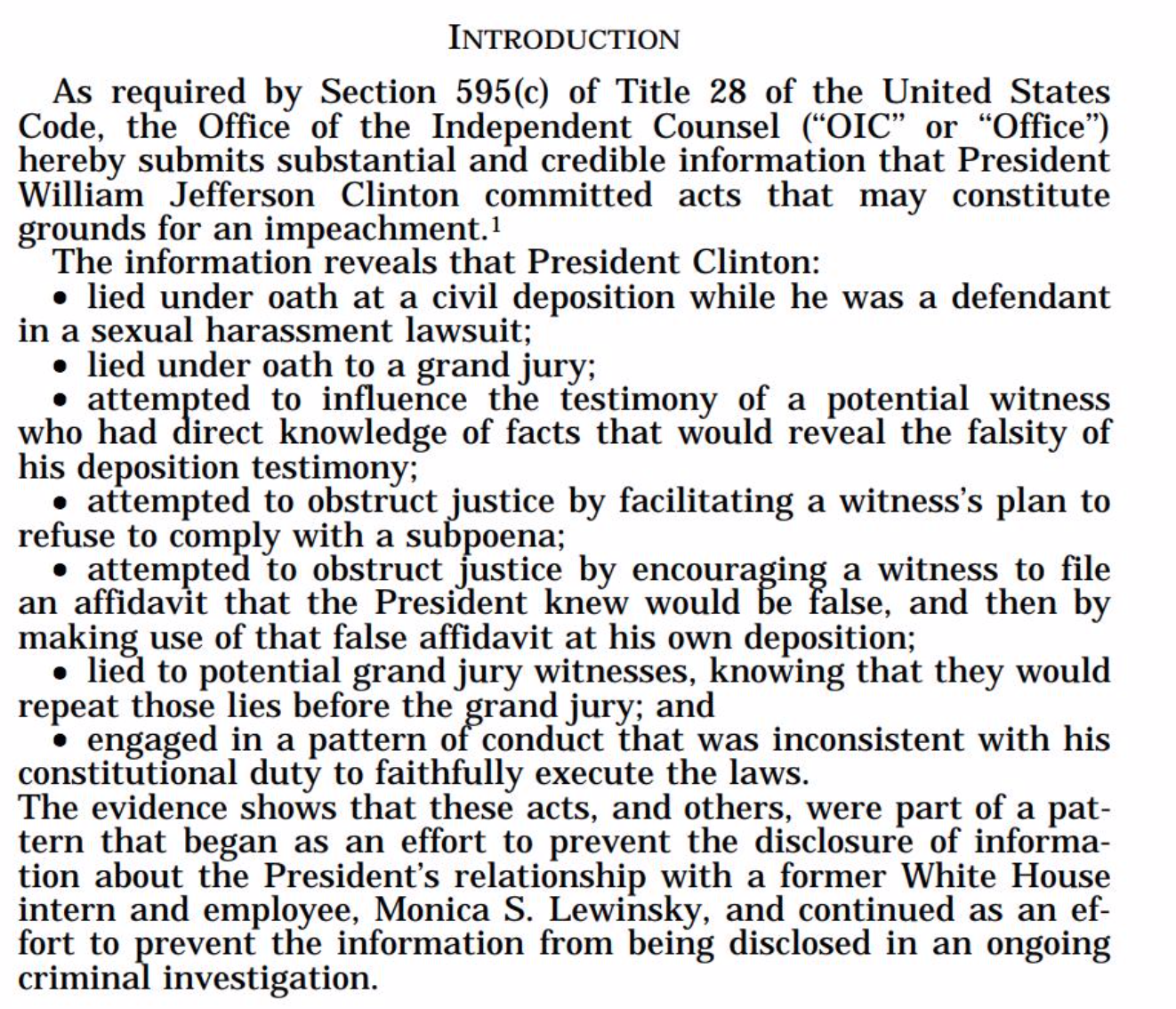
At least one law professor believes that the questions about Attorney General William Barr‘s rapid response to receiving 300-plus pages worth of Russia report from Special Counsel Robert Mueller have been off the mark.
Experienced members of the legal profession pushed back from the start, saying that reading that many pages in a short period of time is, like, what they do, but Barr himself said on Friday when he received the report that he expected to speak on the report’s “principle conclusions” as soon as the weekend. Then Sunday came and Barr released a summary, and said: Mueller had no more indictments, Mueller did not allege conspiracy between President Donald Trump/Trump campaign and the Russian government, and Mueller didn’t exonerate Trump of obstruction of justice but didn’t allege it either.
Many people in the Twittersphere and otherwise reacted by saying there’s no way Barr could have digested the report that quickly, but Fordham Law Professor Jed Shugerman said that this is the wrong thing to be focusing on. Instead, Shugerman suggested, questions like “Why is his letter so short?” and “Why is there no Mueller executive summary?” are more pertinent.
Shugerman addressed both of these questions simultaneously by going back to a time in history that involved Barr (he was Attorney General during George H.W. Bush‘s presidency and recommended Iran-Contra pardons). The professor noted that when independent counsels Lawrence Walsh and Ken Starr submitted their reports on Iran-Contra and Bill Clinton respectively, these reports “included a 1-page introduction or executive summary.”
These were “[w]ritten concisely, raising no exec[utive] privilege or national security concerns” and, importantly, “presented damning conclusions.” Shugerman guessed that Barr’s summary was as short as it was–and didn’t included executive summaries like the ones we are about to review–because there were some damning conclusions.
Shugerman reasoned that “If the executive summary were not damning, then Barr would have included it.” Here’s what the “executive summaries” on the Walsh and Starr reports looked like.
Iran-Contra Executive Summary and Overall Conclusions Detailing Crimes


Ken Starr Details Multiple Grounds for Impeachment

“Surely Mueller wrote something like this. Barr is deliberately not sharing it, and substituting his own summary of a summary,” Shugerman said, again reasoning that if there was nothing damning it would have been shared from the start.
The Mueller “executive summary” may answer some lingering questions, for instance, about why President Trump was not exonerated of obstruction. While the special counsel regulations have changed since the days of the Walsh and Starr reports, it remains to be seen if the format of Mueller’s report will differ in a meaningful way from his predecessors.
[Image via Win McNamee/Getty Images]
Have a tip we should know? [email protected]